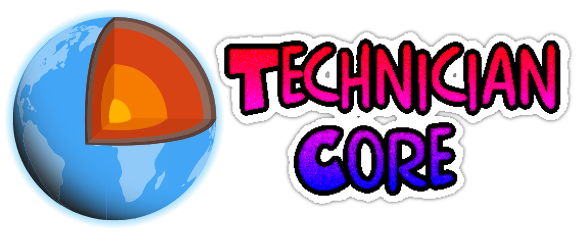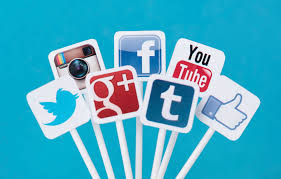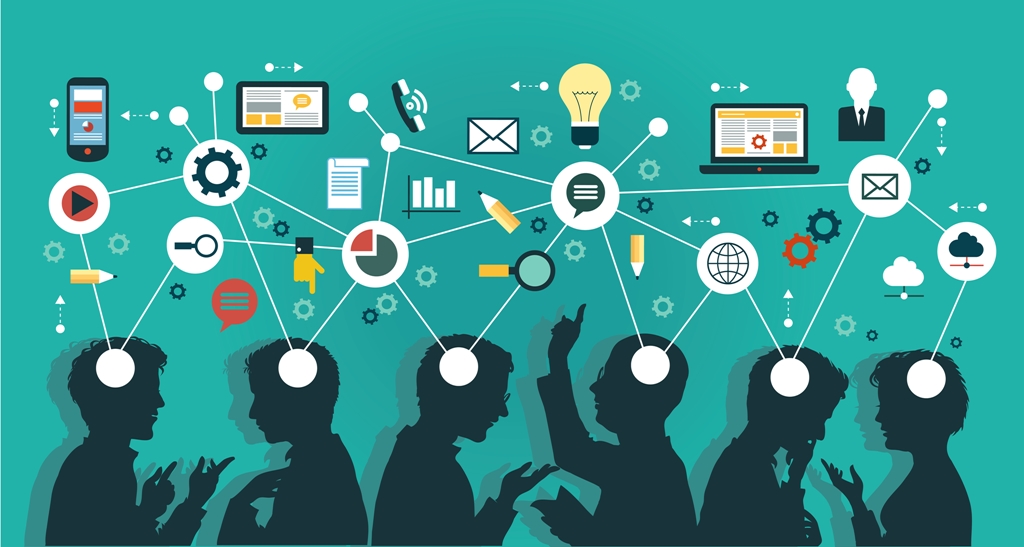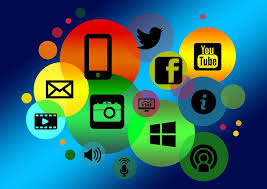1. Smart home technologies: IoT devices are transforming homes by allowing remote control of appliances, security systems, and energy management.
2. Wearable devices: IoT-enabled wearables like smartwatches and fitness trackers have become commonplace, helping people monitor their health and fitness levels.
3. Connected cars: IoT integration in automobiles enables features like GPS navigation, remote vehicle control, and real-time diagnostics.
4. Industrial IoT (IIoT): The integration of IoT in industries has resulted in improved efficiency and predictive maintenance through sensors and data analysis.
5. Smart cities: IoT infrastructure in cities provides better management of utilities, transportation systems, waste management, and emergency services.
6. Health monitoring: Connected medical devices enable remote patient monitoring, telemedicine, and timely health alerts.
7. Agriculture automation: IoT sensors and automated systems assist farmers in monitoring crops, livestock, and irrigation for better yields.
8. Energy management: IoT-based energy monitoring and smart grid systems help optimize energy usage, reduce wastage, and promote sustainability.
9. Retail and supply chain optimization: IoT devices enable real-time inventory tracking, automated ordering, and supply chain optimization for retailers.
10. Environmental monitoring: IoT-powered devices monitor and collect data on air quality, pollution levels, and climate conditions, aiding environmental management and conservation efforts.
What are the top 10 developments in the Internet of Things (IoT) and its integration into everyday life?




